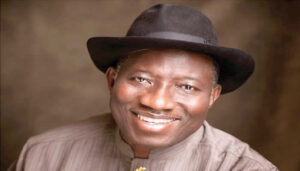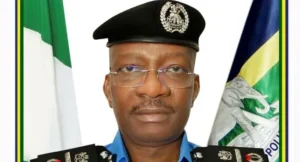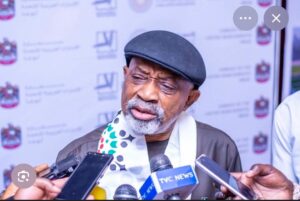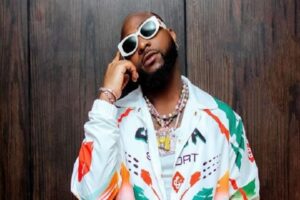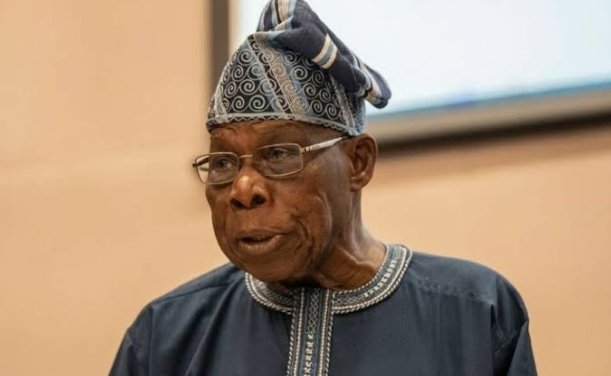
Obasanjo Reflects On Nigeria’s Journey, Leadership Failures, His Legacy
Former President Olusegun Obasanjo has expressed urgency in seeing Nigeria fulfill its promise of greatness, noting poignantly that he is “approaching the departure lounge” of life.
He made this remark while reflecting on his decades of public service and discussing his latest book, Nigeria: Past and Future, which critiques the country’s leadership history and current governance.
Obasanjo emphasised that his numerous writings and interventions stem not from bitterness, but from a deep desire to see Nigeria thrive. “Everything I’ve written has been with the intention of improving Nigeria. I believe strongly in our potential and in the importance of documentation,” he said.
He highlighted several of his published works, including My Command, Nzeogwu, Not My Will, and his three-volume autobiography My Watch, as efforts to illuminate his experiences in leadership, policy-making, incarceration, and the broader challenges facing Nigeria.
“I’ve written letters to both predecessors and successors during times of national crisis—not out of malice, but to offer guidance and draw attention to critical issues,” he explained.
Having served as both military Head of State (1976–1979) and civilian President (1999–2007), Obasanjo acknowledged criticism that he sometimes comes across as self-righteous. However, he maintained that his conscience is clear.
“Some say I’m guilty of the same things I criticize. I rely on my conscience and my record—I have no need to defend myself,” he stated.
Reflecting on his time as a military leader, he admitted that while he and his peers may have lacked experience, they were driven by patriotism. “We were young and perhaps naïve, but we were sincere in our efforts to feed our people, build infrastructure, prioritize education, and elevate Nigeria’s global standing,” he said.
In Nigeria: Past and Future, Obasanjo harshly criticized the administration of the late President Muhammadu Buhari (2015–2023), calling it “the worst civilian government in Nigeria’s history.”
He recalled Buhari’s justification for the 1983 coup against President Shehu Shagari—citing corruption and mismanagement—but argued that Buhari failed to address those same issues during his own presidency. “He spoke well, but failed to act. Words are cheap, and the necessary actions were left undone,” Obasanjo wrote.
Responding to Obasanjo’s critique, Mallam Garba Shehu, Buhari’s former spokesman, claimed the former president’s comments were driven by personal grievances. In his book According to the President: Lessons from a Presidential Spokesman’s Experience, Shehu alleged that a fallout occurred when Obasanjo tried to influence the awarding of the Mambilla Power Project contract, which Buhari declined.
Obasanjo also took aim at the current administration of President Bola Tinubu, accusing it of inefficiency. “For now, Tinubu’s government seems to be competing with Buhari’s in terms of inefficiency,” he remarked.
Attempts to get a response from the presidency were unsuccessful, as calls and messages to Special Adviser Bayo Onanuga and Information Minister Mohammed Idris went unanswered at the time of reporting.
In closing, Obasanjo reaffirmed his belief that his legacy will speak for itself. He recounted his journey through hardship and triumph, including imprisonment and leadership roles. “I’ve seen Nigeria at its best and worst. Yes, we made mistakes, but we also achieved great things—for our country and for Africa,” he said.
“I’ve had the privilege of serving as both military and civilian leader. I’ve lived through rural poverty, military peacekeeping, civil war, humiliation, and incarceration. These experiences—both painful and rewarding—have taught me invaluable lessons,” Obasanjo concluded.
Share your story or advertise with us: Whatsapp: +2348033202396 Email: sentinelnewsng@gmail.com




